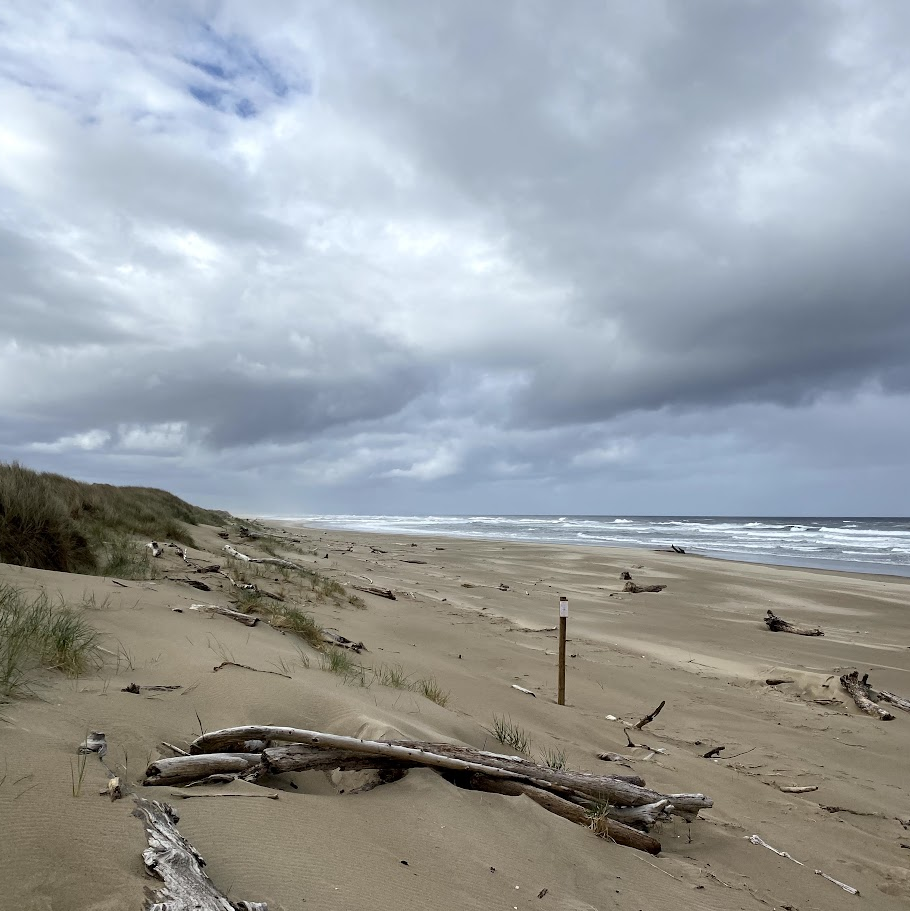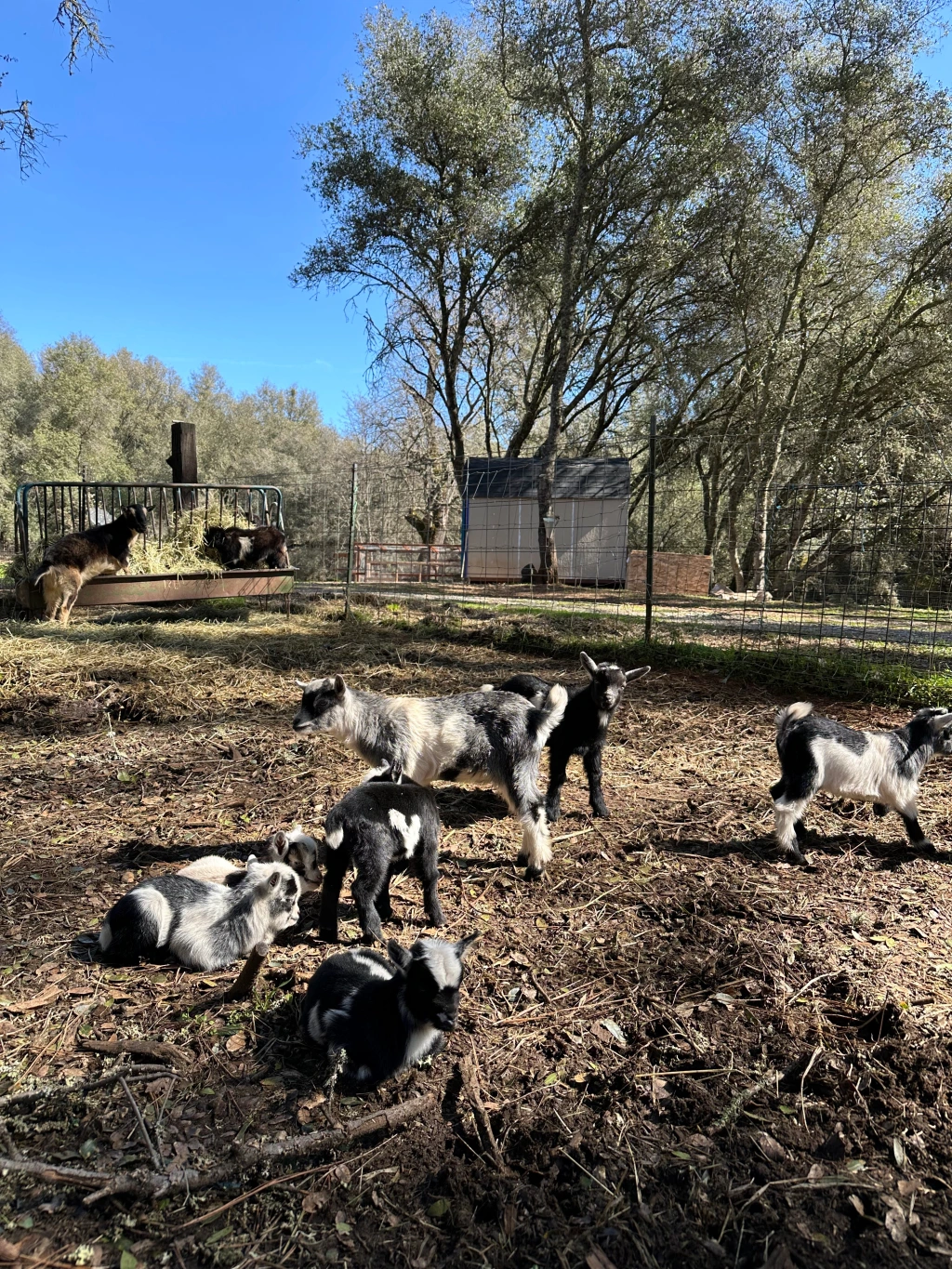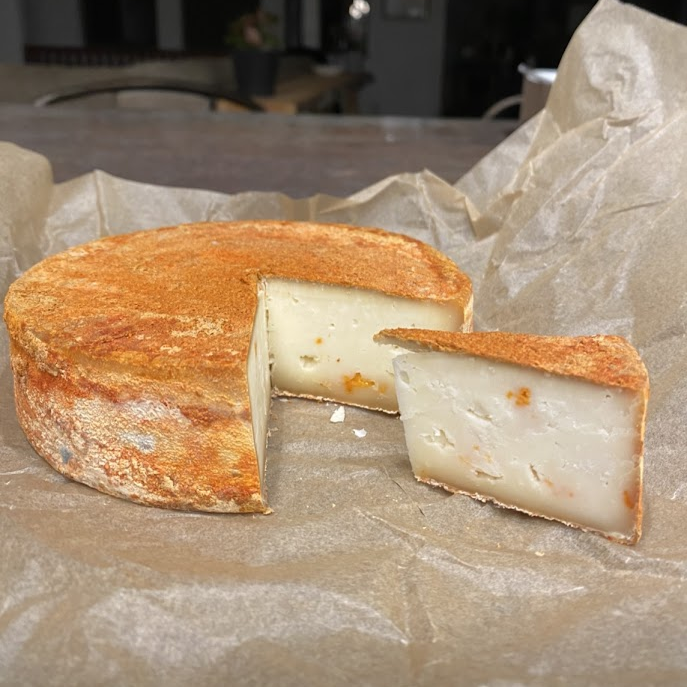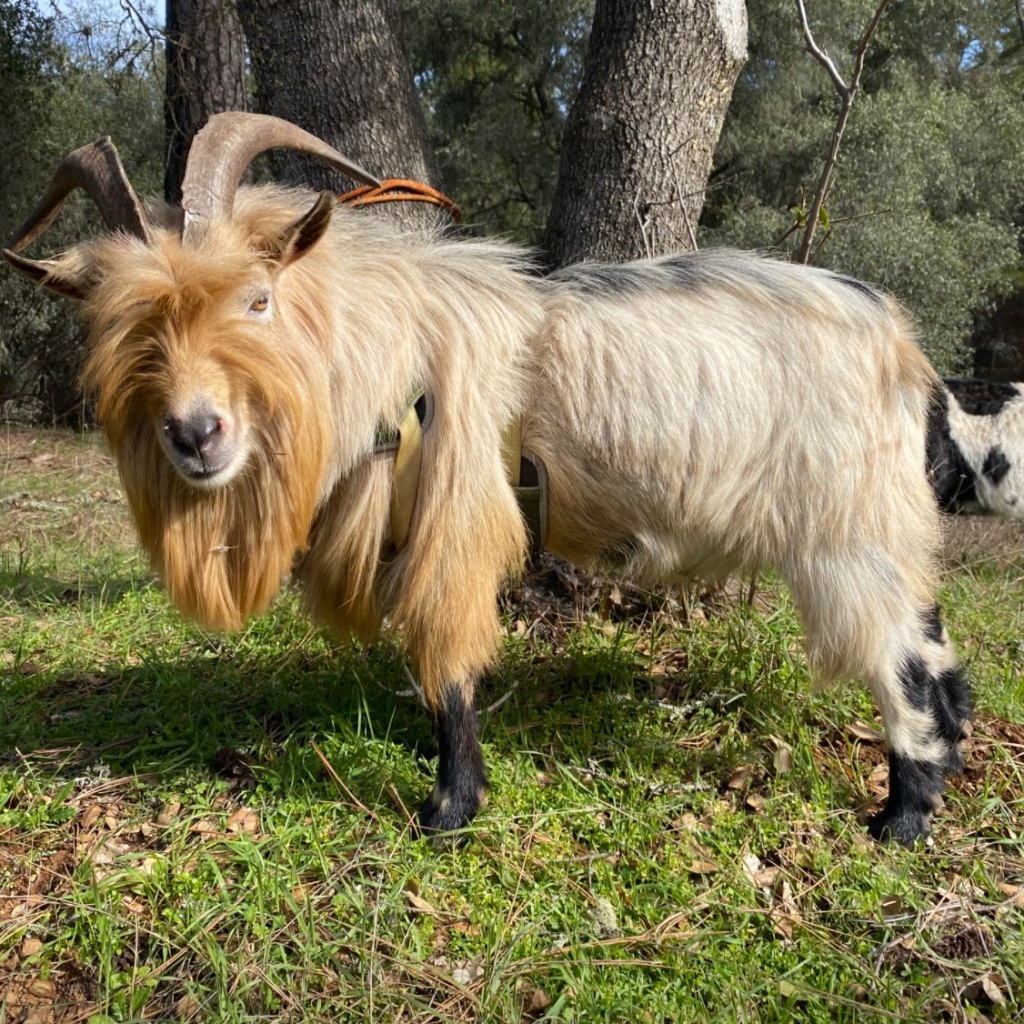As an extrovert, I thrive on the type of informal exchanges I can have via good conversation with people: the sharing of good ideas and excitement, gaining motivation to continue in fields that can be somewhat daunting at times, getting feedback on how to move forward on a project, etc. Having the opportunity, then, to visit with so many amazing people doing good work is a huge perk of my chosen career path. In most of my previous roles, I’ve been able to learn from others and tell their stories in some way. But somehow, I lucked into a position recently where people are not only tolerant of my excessive levels of excitement about their work, but their own levels of maximum enthusiasm are often equally as excessive if not more so than mine.

In the last two weeks alone, I had the privilege of spending time in Oregon at a conference for conservation employees (CONNECT), and in Southern California meeting with people who literally told me they have their dreams jobs (Susie!). Annually, CONNECT brings together over 300 people in the conservation field for training in various tracks (managerial, outreach, technology, specific technical topics like fire and oak woodlands, etc.). These types of conferences are extremely important for me professionally, as I can keep up to date on the science I am no longer doing (cover crops!), learn about various projects happening throughout the state (sweet prairie restoration work, Willamette Valley!), and promote my organization’s activities and learn more about how we can support conservation districts. Additionally, when you get that many people in a room with whom I can meet and network and talk about our shared love of the world, I’m going to walk away with the desire to tell the stories of my new favorite people.
Work related to conservation and sustainability in agriculture is hard for several reasons, but in part because of the constant battle to stay relevant when people have so many other things to worry about on the planet. A variety of economic and logical reasons exist as to why individuals could consider consuming and/or producing food that considers aspects of human and environmental health. However, the adoption of new practices, be it in the field or in the grocery store, is challenging for a variety of reasons depending on an individual’s context, e.g., an urban farmer in Southern California has very different needs than an operator of hundreds of acres of corn in the Midwest. Likewise, low-income individuals living in a food desert are likely to make very different consumption choices than middle-income surbanites. As individuals who work in this field, our job is to advocate for those producers who have already adopted various “healthy” agricultural practices, and perhaps shift the mindset of those who haven’t yet toward science-based approaches for conserving and maintaining environmental quality. That is, we hope that consumers can see the value of products produced “sustainably” and we hope producers will continue to provide those products.

Regardless of the choices people make about producing and consuming food, those of us who work in supporting and advocating for sustainable ag likely don’t do the work for money, and often our dedication is rooted in something else. During my visits in Oregon and California over the last two weeks, I had ample conversations about the work people were doing professionally, but also of people’s love for the world or some aspect of it. People told me of the most beautiful place they’ve ever kayaked, their love for gardening, how they like to provide moose sheds to their beloved dogs, and a variety of other ways of engaging with the natural world. Often, sharing these personal stories and how they motivate us to do the work we do is one of the few ways we can appeal to people who may not value water or soil or biodiversity or whatever in the same way we do. One of the operations I visited last week, Amy’s, was managed by Farmer Randy, who was full of so much wisdom I couldn’t keep up (see the video at the end of this post for a song he wrote to motivate kids to think about farming as a career, the lyrics of which inspired the title of this post). His take away message as we were leaving his farm is that we (collectively in the field of sustainable ag), need to appeal to people’s hearts in order to effect any kind of change. I’m of the opinion that by sharing my maximum enthusiasm with people1, and receiving theirs in return, and then broadcasting that out into the world, I might be able to maybe, maybe, appeal to one person and help them think differently about their food choices.
However, while people may have the ability to make different choices regarding their various food-related practices, which may result in both personal and collective benefits, I’m hesitant to suggest that the responsibility for improving the world rests on the shoulders of individuals. Many of the environmental issues we are currently facing are now so widespread as to cause harm beyond a level of which a single person may have control. I just finished reading the book Freedom by Jonathan Franzen; at one point, several of the main characters are discussing the impact of personal choices on the world, when one remarks (Franzen, p 236):
“What’s still ‘normal’ at the individual level is heinous and unprecedented at the global level.”
Franzen is known to love birds, and one major theme throughout this book is the need for conservation of birds within a landscape and across continents. But Franzen also recognizes that for a variety of reasons—e.g., the Great Recession, the institutional structure in the US that allowed for high levels of poverty in the rural US, etc.—many people could care less about bird conservation. While several of the main characters try to motivate other individuals to care about birds throughout the book, even if a person found the topic interesting, they may not be interested enough to take any action. For example, Walter (quoted above), tried to persuade his neighbors for many years to keep their cats indoors to prevent killing of migratory birds on his lakeside property. However, only by partnering with other like-minded individuals, i.e., the Nature Conservancy, was Walter able to prevent cats from killing birds on his property by establishing his property as a nature preserve, with a large, cat-proof fence around the perimeter.
The above example of partnering for conservation is, of course, fiction. However, it still provides an opportunity to consider how we as individuals can make a difference on the planet, i.e., by working together. Plenty of real-world projects exemplify collective action toward reducing food deserts, minimizing the impacts of invasive species, training the future farming work force, and otherwise working for forward-thinking change in agriculture. Our motivations as individuals may bring us to the table, and I hope I can get people thinking about their own personal value sets related to the environment, but we need to have a big, huge table full of people if we are really going to make anything happen on this planet.
1 My intense personality is not for everyone and I recognize that knowing one’s audience is essential in proper delivery of a message. Luckily, I have ample training in various communication strategies, and generally speaking, I have been told my enthusiasm is infectious in multiple contexts.
Any views expressed throughout this site reflect my personal opinions and do not represent any of my current or previous institutions.











